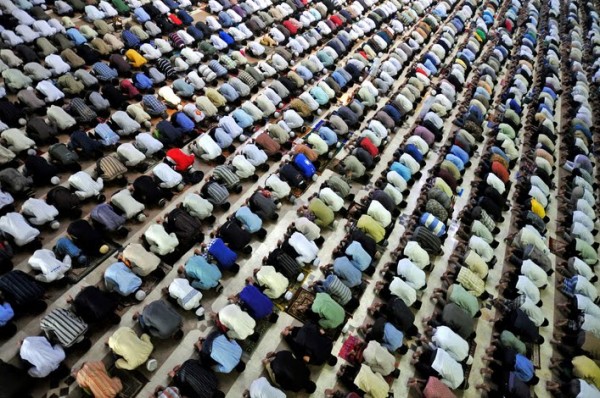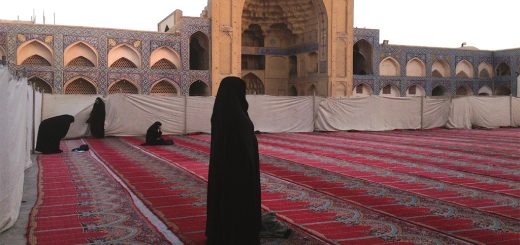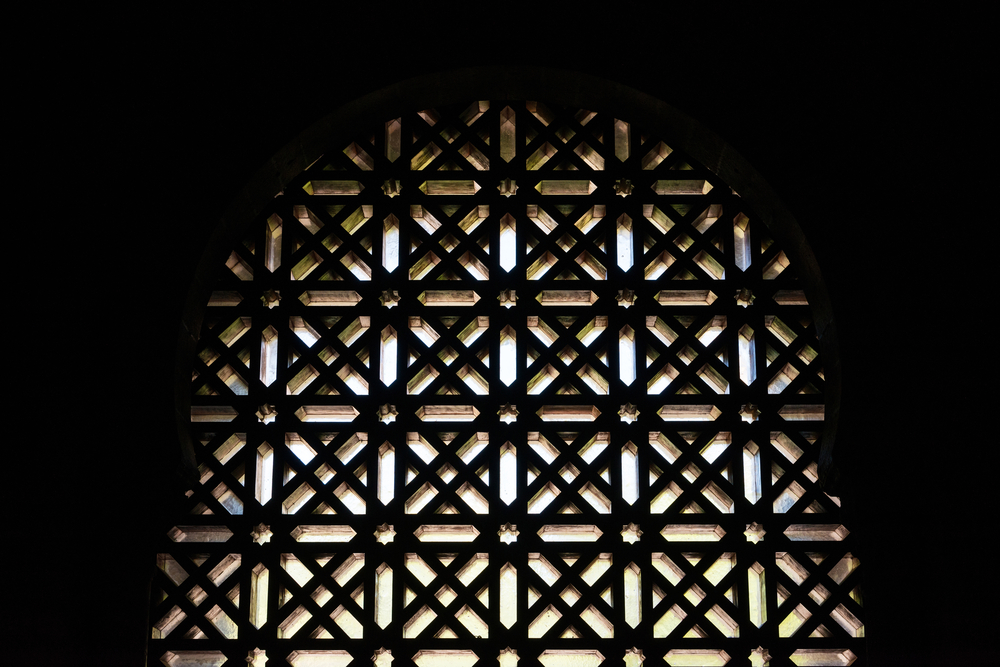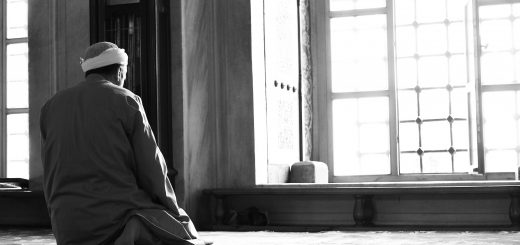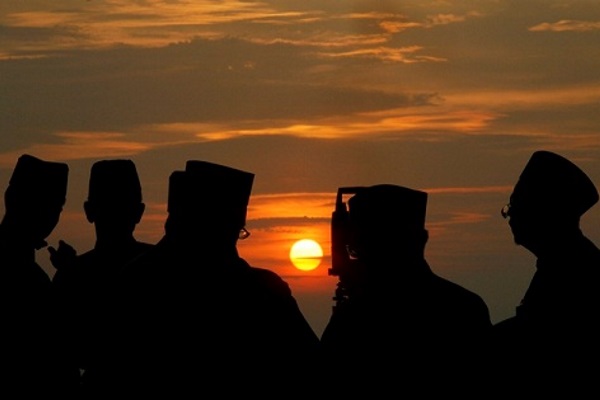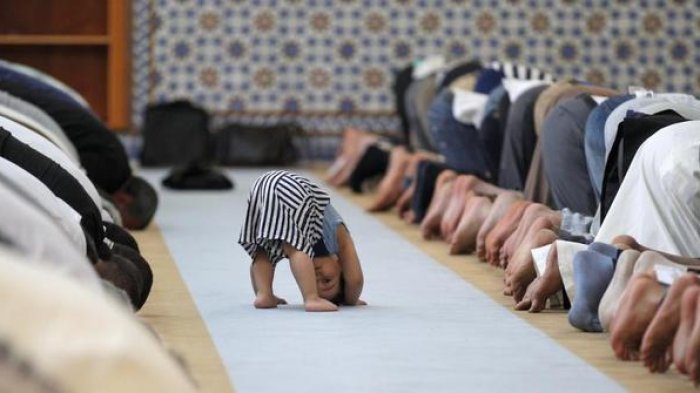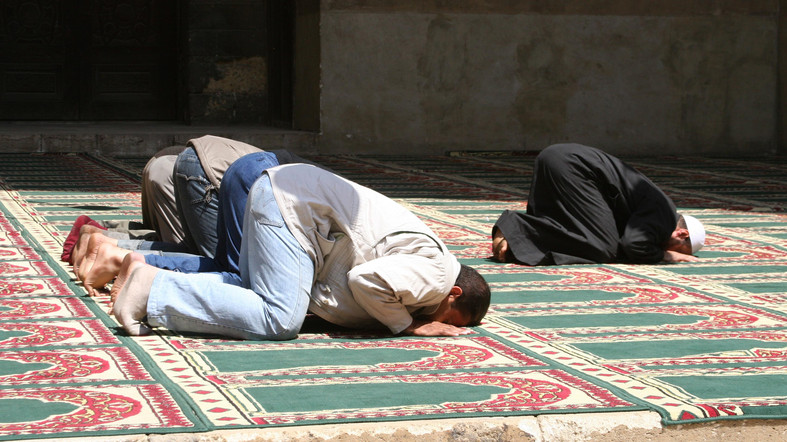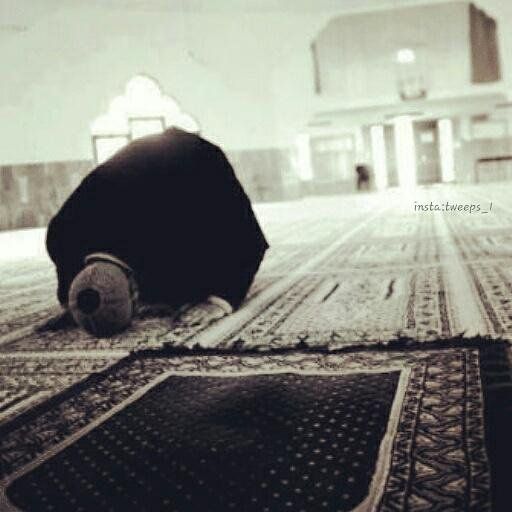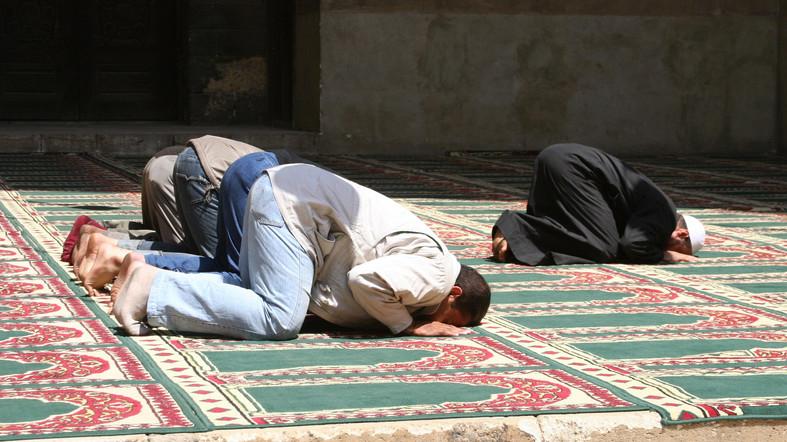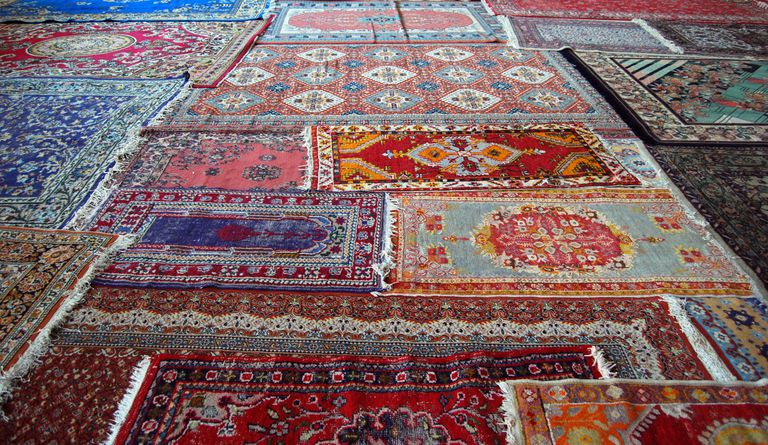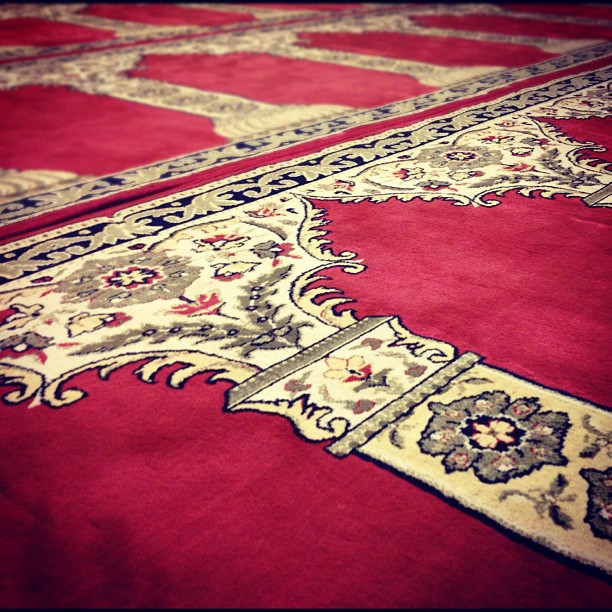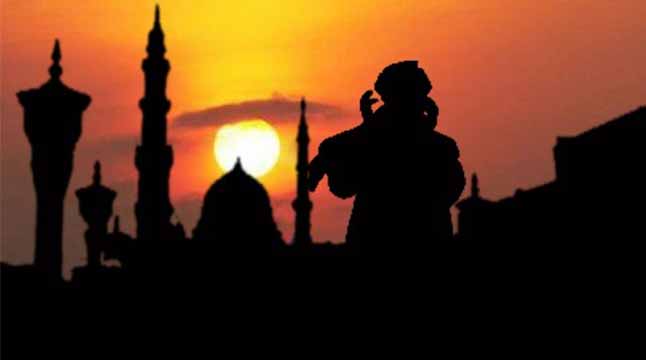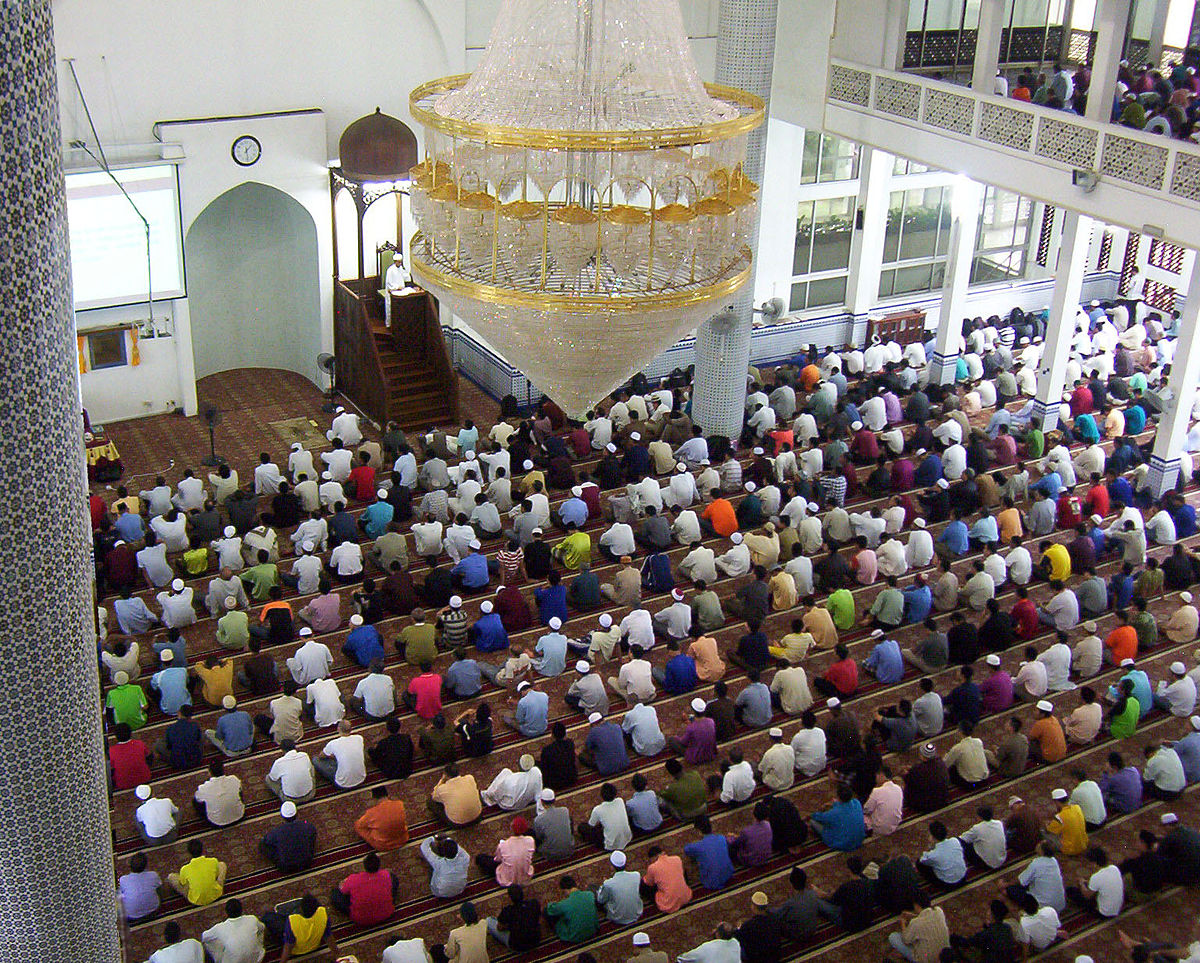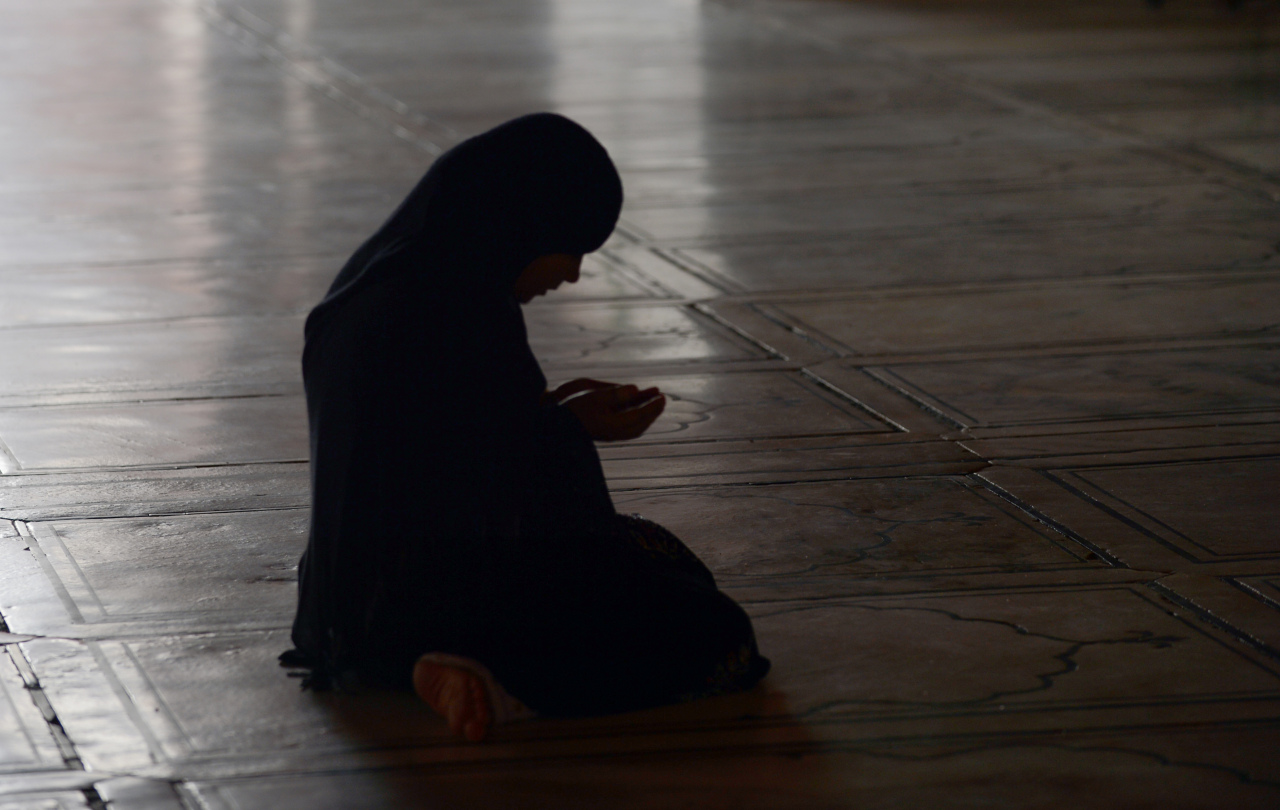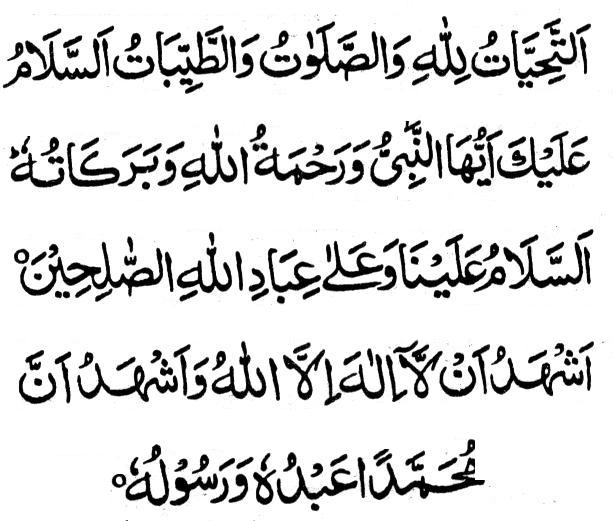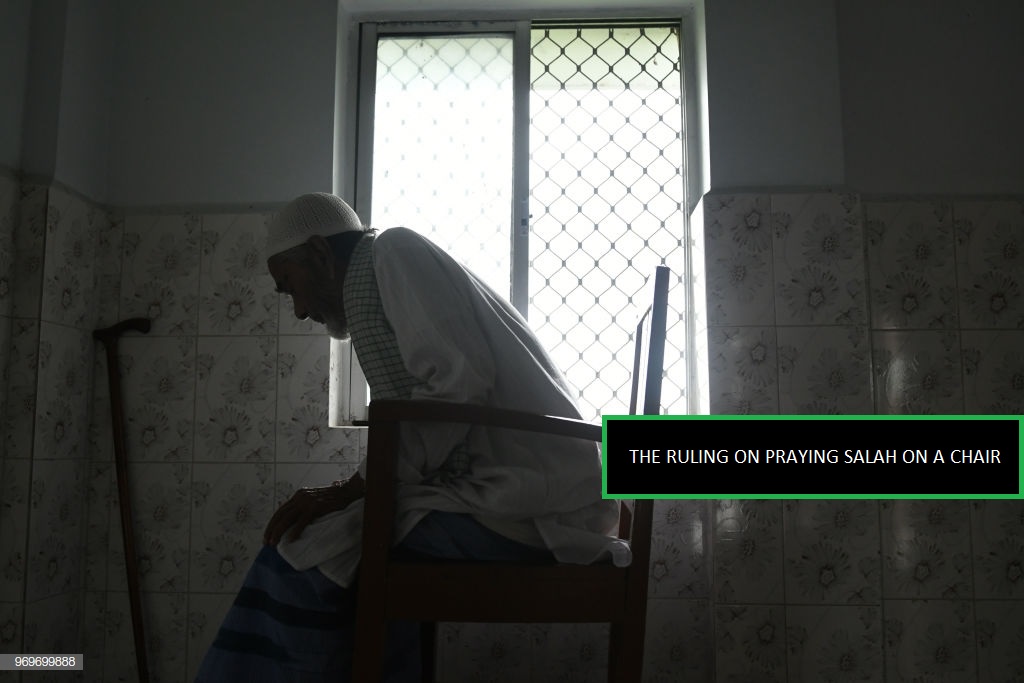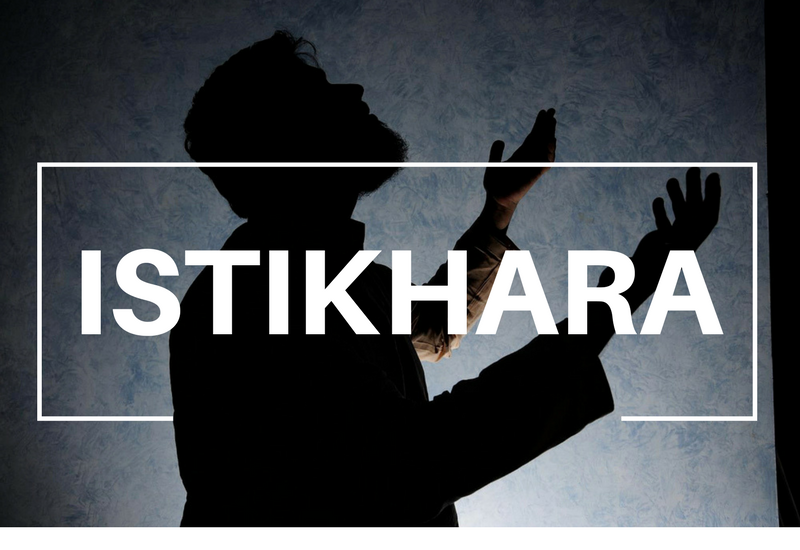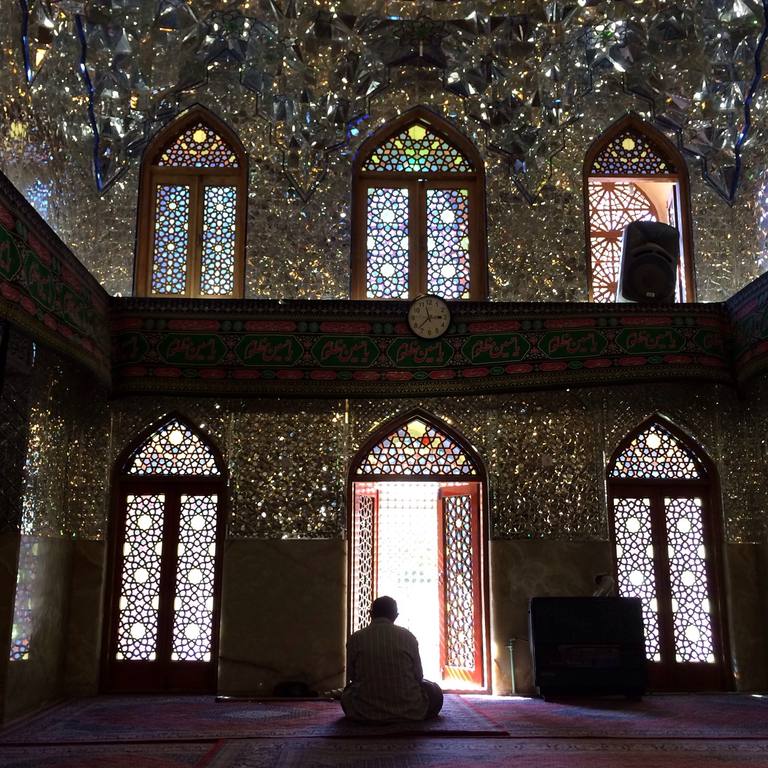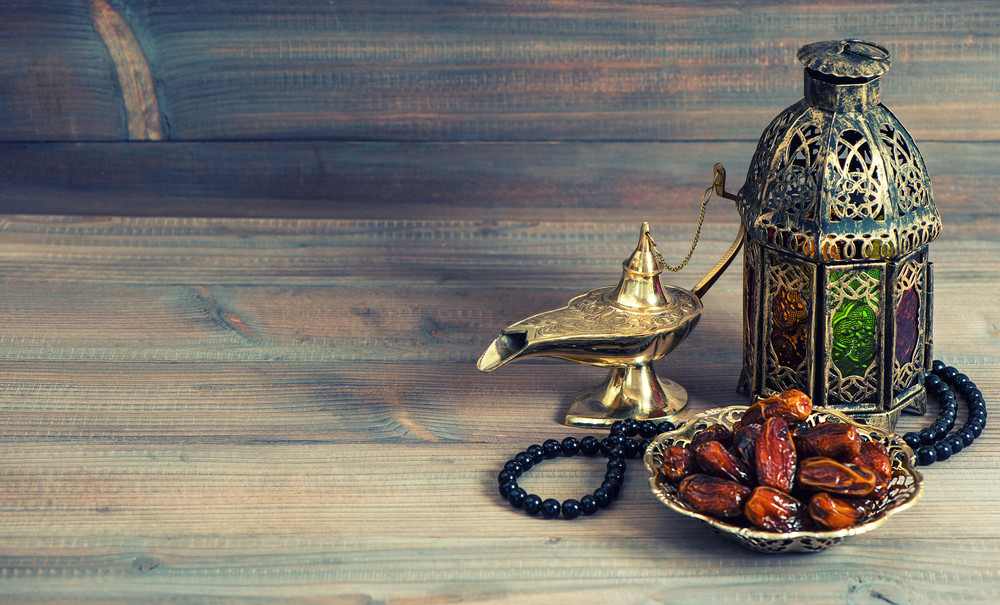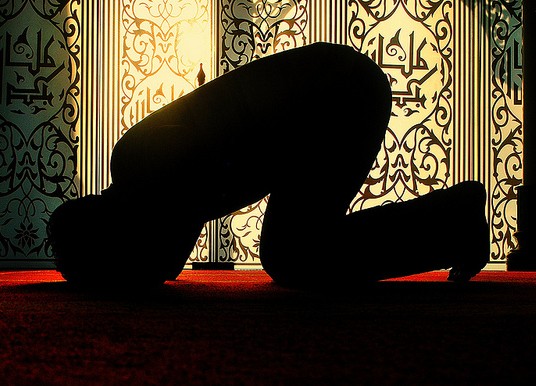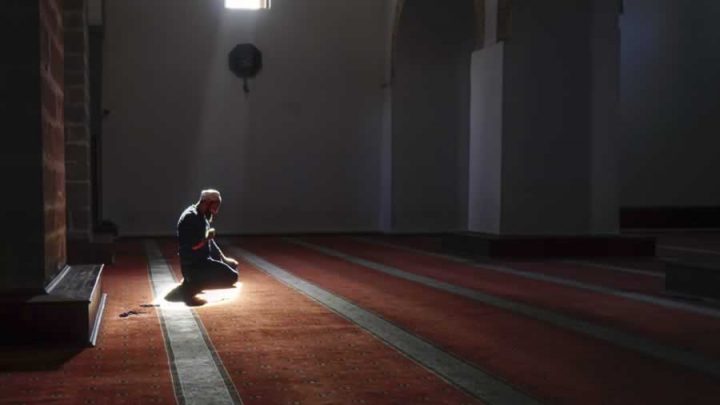QUESTION:
What do the scholars of the Dīn and muftīs of the Sacred Law state regarding the following issue: I have heard that there is a difference of opinion with regards to establishing ‘Eid and Jum’ah in various masjids regarding a particular city. I have heard that there is a difference of opinion with regards to establishing ‘Eid and Jum’ah in various masjids regarding a particular city. So is it permissible to have several ‘Eid Salāhs in one masjid because this is actually the case in the U.K. Likewise, is it permissible to have multiple congregational Jum’ah Salāhs? As if this is not done, then it will not be possible to pray Jum’ah in only one masjid. Also, because Jum’ah is on a weekday, so it is not possible for everyone to be given time off and at the same time; this is why some join in with the earlier jamā’ah and some with the second or third. The problem is that the deviants have started several Jum’ahs, therefore if Sunnīs do not do this, then will the common laymen among the Ahl al-Sunnah pray Jum’ah behind them?
Questioner: Imām Abū Bakr from Bradford, U.K.
ANSWER:
بسم اللہ الرحمن الرحیم
الجواب بعون الملک الوھاب اللھم ھدایۃ الحق والصواب
It is permissible to have the ‘Eid prayer in multiple places in one city, and everyone [among the scholars] agree upon this. There is a difference of opinion with regards to having the Jum’ah prayer in several places in one city, however the preferred opinion and that. which the legal verdict is given according to is that it is permissible. Just as it is stated in Durr Mukhtār that,
“(تُؤَدَّى بِمِصْرٍ) وَاحِدٍ (بِمَوَاضِعَ) كَثِيرَةٍ (اتِّفَاقًا)”
“It is agreed that one can have ‘Eid Salāh in multiple areas in one city.”
‘Allāmah ibn ‘Ābidīn al-Shāmī states in Radd al-Muhtār regarding this that,
“وَالْخِلَافُ إنَّمَا هُوَ فِي الْجُمُعَةِ”
“The difference of opinion is only with regards to Jum’ah.”
[Durr Mukhtār with Radd al-Muhtār, vol 2, pg 176]
The Imām of the Ahl al-Sunnah, Imām Ahmad Ridā Khān, may Allāh ﷻ shower him with mercy, states that the permissibility of numerous ‘Eid Salāhs is agreed upon, in comparison to Jum’ah, as there is a difference of opinion in this, whereas permissibility is in the preferred opinion.
[Fatāwā Ridawiyyah, vol 8, pg 577]
However, to have another Jum’ah Salāh in the same place without any need is impermissible. Yes, it is permissible to have multiple congregational Salāhs for Jum’ah and ‘Eid in one masjid or one place due to need and to remove hardship, provided that the Imām for every Jamā’ah is specified who the general public [i.e. the committee] have fixed for the ‘Eid and Jum’ah Salāh. Without doubt, need exists for such due to the masjid being confined because of the sheer amount of Muslims, as well as the fact that Muslim workers not receiving time off at one given time. Furthermore, protecting the beliefs of the general public of the Ahl al-Sunnah is essential, imperative and a great need of the absolute and utmost importance.
Firstly, the Imām of the Ahl al-Sunnah, Imām Ahmad Ridā Khān, may Allāh shower him with countless mercy, was asked regarding multiple ‘Eid prayers in one place only, that if two Imāms led the congregation of two Salāhs alongside khutbah, on the same day in the same place for ‘Eid Salāh, such that the first of the two Imāms led Salāh alongside khutbah and the second led without, then is their Salāh valid or not? If it is permissible, then were both or just one; if only one was permissible, then was it the first or the second? If impermissible, then were both or just the one; if only one, then was this the first or the second?
So he, may Allāh ﷻ shower him with endless mercy, states in reply, that if the ‘Eid Salāhs of both Imāms were established with permission, then both will be permissible. Even though the second Imām left out a Sunnah – referring to the khutbah of ‘Eid – however, it is not a fard nor a condition, thus leaving it out is not a cause of impermissibility. However, it does mean that it is wrong and disliked.
[Fatāwā Ridawiyyah, vol 8, pg 575]
The conditions for the correctness and validity of ‘Eid Salāh are also that of for Jum’ah Salāh; only that the khutbah for ‘Eid being Sunnah, just as it is stated in Durr Mukhtār that,
“تجب صلٰوتھما علی من تجب علیہ الجمعۃ بشرائطھا المتقدمۃ سوی الخطبۃ فانھا سنۃ بعدھا”
“The Salāh of ‘Eid is essential for those whom Jum’ah is essential, and other than the khutbah, the rest of the conditions are also those of Jum’ah, because the khutbah after ‘Eid [Salāh] is Sunnah.”
[Durr Mukhtār, vol 1, pg 114]
Thus, when it is permissible to have multiple ‘Eid Salāhs in one place due to need, then what issue is there with the permissibility of Jum’ah, when the Imām is fixed for both Salāhs. Also no objection is to be made regarding the following text in Fatāwā Ridawiyyah, “Multiple Jum’ah Salāhs in one masjid is never permissible” because the Imām of the Ahl al-Sunnah, Imām Ahmad Ridā Khān, may Allāh ﷻ shower infinite mercies upon him, states after this in Fatāwā Ridawiyyah that, “(Multiple Jum’ah Salāhs in one masjid is never permissible, in the sense that) there is never a need for two Imāms at one given time in one masjid. So when the first Imām is fixed for Jum’ah, then the competence of the second is definitely far and cut-off [i.e. there is no need for him], thus Jum’ah Salāh behind him is void and prohibited. However, if the fixed Imām was hurrying and rushing, be it out of mischief or whether it was due to a particular reason of his own, and prayed Salāh with a few people before the agreed time, [then] the rest of the Muslim general public were present at the agreed time, so now, [judging] on the apparent, from a Fiqhī sense it is permissible for them that they select the second person as the Imām with mutual consent of all the Muslims present [i.e. the decision of the committee], and they pray Jum’ah.
لحصول الضرورۃ بالضرورۃ ولم تند فع بما فعل الامام بل لم یحصل من فعلہ ماکان نصبہ فما نصب الاللعامۃ لالعدۃ نفر کما لایخفی ولیحرر
Due to a clear need being found and this need was not fulfilled by the actions of the Imām. Rather, the purpose for which he was selected was not fulfilled; he was fixed for the general public, not merely a select few – just as it is not unclear. This should clarify this, and Allāh ﷻ knows best.
[Fatāwā Ridawiyyah, vol 8, pg 362]
From this text, one comes to know that multiple Jum’ah Salāhs are not permissible when there is no need for a second Imām in a masjid. When the need for a second Imām in a masjid is found, then it is permissible. Note that he, may Allāh ﷻ shower him with mercy, further goes on to state regarding establishing a second jamā’ah in that very masjid due to actual need, despite the jamā’ah of Jum’ah being established the first time round. He states, “So now, [judging] on the apparent, from a Fiqhī sense it is permissible for them that they select the second person as the Imām with mutual consent of all the Muslims present [i.e. the decision of the committee], and they pray Jum’ah.”
Secondly, the Hanafī stance is that there is no Jum’ah Salāh in villages, and A’lāhadrat, the Imām of the Ahl al-Sunnah has actually issued the fatwā [legal verdict] upon this. However, the respected Muftīs of today’s day and age issue the fatwā of permissibility for Jum’ah in villages. The reasoning behind this is that if the Ahl al-Sunnah do not establish Jum’ah in villages, then the deviants will definitely do so, and [so] the the fatwā of permissibility was given for the sake of protecting the ‘Aqā’id [beliefs] of the common laymen. Therefore, the fatwā of permissibility is given in the U.K. for multiple Jum’ahs in one place due to the vast crowds of people and for the sake of protecting ‘Aqā’id [beliefs].
Thirdly, people being busy & occupied in worldly engagements and laziness & avoiding worship is apparent. Thus, the stance of multiple Jum’ahs being impermissible will only increase their ignorance and carelessness, therefore the stance of multiple Jum’ahs being permissible is totally in line within ingenuity and wisdom.
Nevertheless, safety is that, alongside praying Jum’ah, one also prays Zuhr as a precautionary measure. The method for this is that after praying Jum’ah, four rak’ahs of Zuhr are prayed.
واللہ تعالی اعلم ورسولہ اعلم صلی اللہ علیہ وآلہ وسلم
کتبہ ابو الحسن محمد قاسم ضیاء قادری
Answered by Mufti Qasim Zia al-Qadri
Translated by Haider Ali
Read the original Urdu answer here: [Q-ID0587] What is the ruling on having multiple congregations for Jummah prayer in one Masjid?
